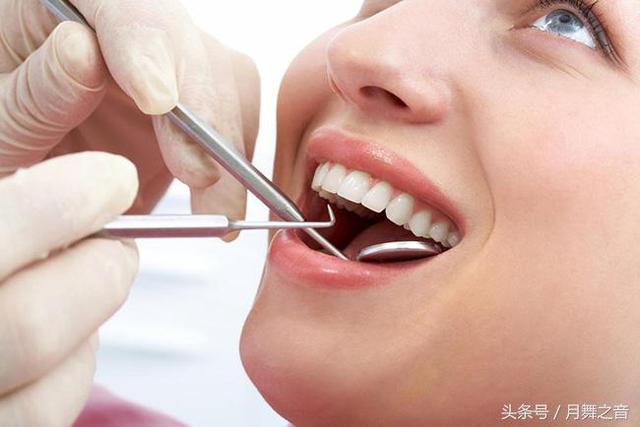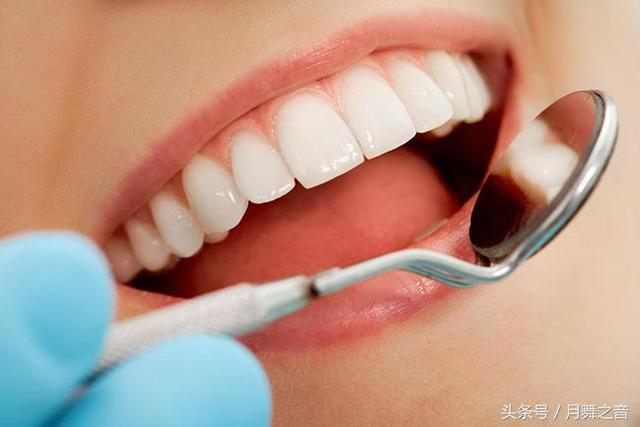Advantages and disadvantages of dental implant self-discrimination between the advantages and disadvantages of artificial implantation of good teeth
It can only be delicious with a mouthful of healthy teeth, and a good bite of teeth can also brush a good feeling ~ but eat and drink well regardless of the endurance of the teeth, tooth problems are inevitable, and most people choose to fill or implant teeth. But do you know the pros and cons of dental implants? Implant teeth have a good side and a bad side. Let's take a look at the advantages and disadvantages of implant teeth.

Advantages and disadvantages of dental implants
1. Strong function: it can restore the tooth function well, and the masticatory function is much better than other traditional dentures.
2, no molars: rely on their own artificial roots for repair, do not need to grind the healthy teeth next to them, without any harm to the teeth.
3, good retention: do not use the traditional dental clasp or braces, artificial teeth closely combined with alveolar bone, like real teeth rooted in the mouth, with strong retention and stability.

Advantages and disadvantages of dental implants
4. Beauty: the crown can be made according to the patient's face and the shape and color of other teeth to achieve the best effect of overall coordination and beauty.
5, comfortable and convenient: do not use the base and clasp necessary for movable dentures, there is no sense of foreign body, it is very comfortable and convenient, and helps to keep the oral cavity clean and hygienic.
6. Simple operation: dental implant surgery is a small alveolar surgery, similar to tooth extraction, the use of local anesthesia, less trauma, postoperative eating, almost painless. In general, implant implantation can be completed in tens of minutes to hours. Due to the selection of biomaterials with excellent compatibility with the human body, dental implants do not have any adverse side effects on the human body. If the bone union of the implant fails, that is, the implant is not successful, it can also be removed and then implanted after bone healing, or switch to other restorative methods.
Possible complications of dental implants:
1. Perforation: in the healing stage, the gingival tissue covering the implant is perforated, which may be due to excessive tension of the flap during suture, poor suture, or residual suture to stimulate the proliferation of granulation tissue, or the compression of the restoration. to produce bedsore ulcers of the gums.
2. Gingivitis: it is caused by poor oral hygiene and plaque stimulation, and there is no obvious proliferation of gingival tissue at this time.
3. Proliferative gingivitis: the gingival tissue covers or clings to the junction of the implant abutment and the bridge, resulting in local poor hygiene and proliferative inflammation of the gingival tissue. Proliferative gingivitis is generally treated by surgery.

Advantages and disadvantages of dental implants
4. Fistula formation: the fistula on the mucosa is related to inflammation around the abutment or implant. It often occurs in the cases where the gingival tissue covers the junction of abutment and bridge, and can be treated by surgical curettage.
5. Progressive marginal bone resorption: peri-implant bone resorption caused by local inflammation or implant overload and central bolt fracture. Clean treatment to remove plaque, aiming at etiological treatment.
6. The implant is loose.
7. The implant was broken.
8. Other injuries: poor surgical preparation caused the implant to penetrate the maxillary sinus, nasal floor, inferior alveolar nerve or adjacent teeth, or even fracture of the mandible.
- Prev

There is no worry about the sale of growing fruits and radishes, and the growers make a net profit of hundreds of thousands of dollars a year!
We are all familiar with the radish and have eaten it. Radish is crisp and delicious, rich in nutrition, many people like to eat it, but have you ever eaten fruit radish? Tianjin.
- Next

High-end balcony planting-design a garden in a broken flowerpot
The father of a small farmer found that now every family will more or less plant flowers, trees, fruits, vegetables, and even succulent plants on the balcony of the family. But everyone obeys.
Related
- Fuxing push coffee new agricultural production and marketing class: lack of small-scale processing plants
- Jujube rice field leisure farm deep ploughing Yilan for five years to create a space for organic food and play
- Nongyu Farm-A trial of organic papaya for brave women with advanced technology
- Four points for attention in the prevention and control of diseases and insect pests of edible fungi
- How to add nutrient solution to Edible Fungi
- Is there any good way to control edible fungus mites?
- Open Inoculation Technology of Edible Fungi
- Is there any clever way to use fertilizer for edible fungus in winter?
- What agents are used to kill the pathogens of edible fungi in the mushroom shed?
- Rapid drying of Edible Fungi

